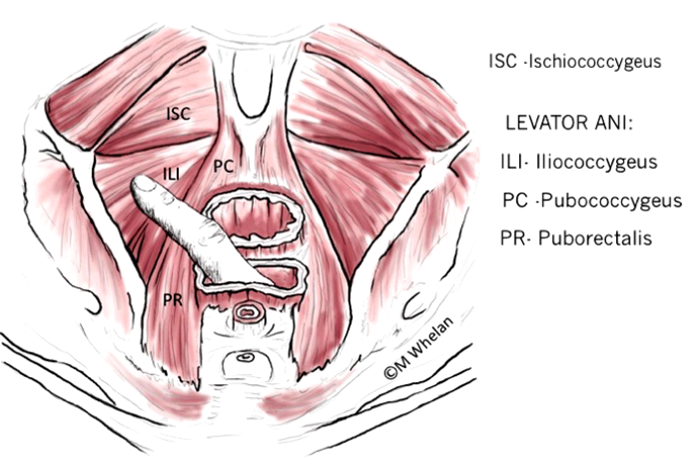Things That Help With Hypertonic Pelvic Floor Dysfunction

Hypertonic pelvic floor muscle dysfunction.
Things that help with hypertonic pelvic floor dysfunction. Jeffcoat also mentions the little things add up too. Pelvic floor dysfunction is the inability to control the muscles of your pelvic floor. Common symptoms reported by people with hypertonic pelvic floor dysfunction. The floor or bottom of the pelvic area is a bowl shaped web of striated muscle connective tissue ligaments and bone through which nerves and veins pass to the hips and lower extremities.
Below are some things to keep in mind that will help you feel better. Pelvic floor dysfunction is due to hypertonic musculature or tight muscles of the pelvic floor. This condition also called levator ani syndrome or and previously called vaginismus is a common cause vestibulodynia pain of the vestibule and dyspareunia painful sex. If a diagnosis of hypertonic pelvic floor muscle dysfunction is made then treatment can consist of pelvic floor physical therapy by trained womens health physical therapists muscle relaxants biofeedback and botox injections.
Upon palpation there is usually absent pain of the pelvic floor muscles. Hypertonic pelvic floor dysfunction is when the pelvic floor muscles are not able to relax remain tense and have spasms the opposite of a prolapsed pelvic floor. The pelvic floor muscles are a group of muscles that attach to the front back and sides of the bottom of the pelvis and sacrum. Leaking is a symptom of pelvic floor dysfunction explains lauren garges p t w c s director of the women s health program at st.
Many people with pelvic pain have pelvic floor dysfunction but specifically hypertonic muscles or muscles that are too tight. What is pelvic floor muscle tightness. They are like a hammock. In this condition the muscles that compose the floor of the pelvis and which come together in the back part of the vestibule.
This may lead to pain or soreness in the affected area. The pelvic floor can enter a state of chronic tension creating what is known as hypertonic pelvic floor says reeves. What is the pelvic floor. The pelvic floor consists of the muscles and tissues that support the pelvic organs including the uterus bladder bowel and rectum in women and the bladder bowel rectum and prostate in men.
When your pelvic floor muscles are tight or weak they can also put stress on the joints of your back and hips leading to persistent low back and hip pain.



















